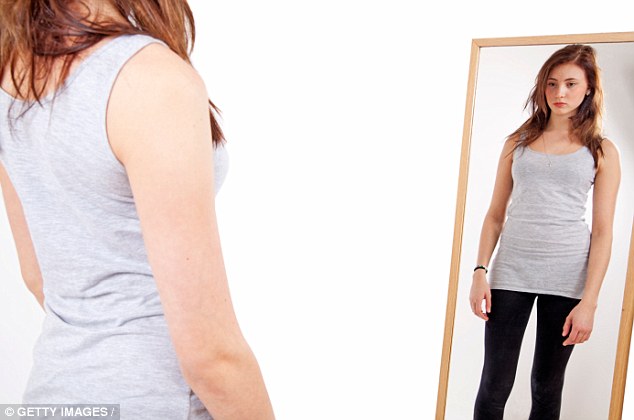We might perceive ourselves to be bigger or smaller than we really are. Researchers from the University of Western Australia in Perth have uncovered new evidence that our brains trick us into thinking that our bodies are smaller than they actually are.
This is not what I wanted to read when I got up this morning.
That said, I was also intrigued by the research. Why might my perceptions of body size be out of sync? I decided to look into it further.
Dr. Jason Bell, of the School of Psychological Science at the University of Western Australia, and his colleagues enrolled 103 young women to participate in a laboratory experiment.
Participants were asked to look at 71 photos of other women, all of whom were different body sizes.
On viewing each photo, the participants were asked to judge the size of the women by putting a marker along a “bodyline,” which the researchers describe as a visual analog scale that ranges from underweight to obese.
Interestingly, the women tended to judge the body size of each woman by the previous image they had viewed. Therefore, on seeing an image of a woman who was overweight, they would perceive her to be a healthy weight if the previous image they had viewed was of woman of a healthy weight.
But what do these findings — recently published in the journal Scientific Reports — mean outside of a laboratory setting?
According to Dr. Bell, “The data show body size judgments are biased towards prior experience.”
Quite simply, it means that we may misinterpret our current body size by drawing on memories of a time when we were thinner or larger.
“Crucially,” adds Dr. Bell, “body size judgments are not always accurate and can be biased by various factors. Sometimes it’s influenced just by the people we stand next to.”
These results could have important implications for weight loss interventions, as Dr. Bell notes; if we think we’re thinner than we are, then we might refrain from going to the gym, opting for that extra donut instead.
Of course, these misperceptions can work both ways: we might perceive ourselves to be bigger than we really are. Misperceptions of body image are a key characteristic of obesity and eating disorders such as anorexia, so these findings are quite worrying.
“Ideally we’d like to correct these illusions,” says Dr. Bell, “so people are able to make an accurate assessment of their weight and whether it has changed for better or worse.”
Precisely how we can “correct these illusions” remains unclear, but we know one thing: a healthful diet and regular exercise are key to a healthy weight.
I, for one, am going to take less notice of how I think I look and keep going with my New Year’s health kick.












